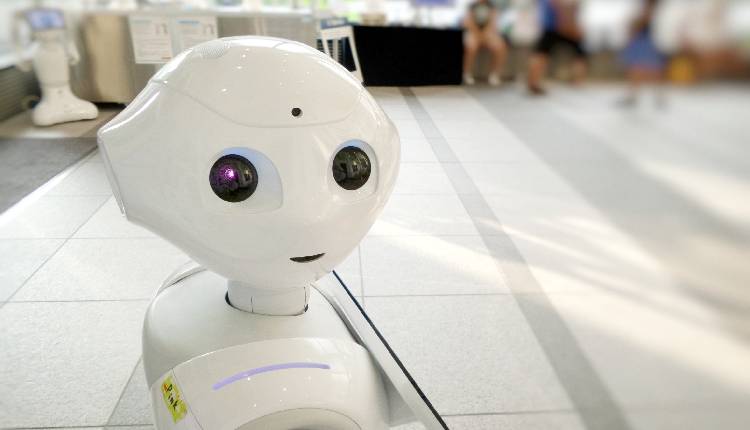Authored by Amit Aggarwal, co-founder and Director, Effectual Services
Every year with the growth in new technologies and inventions there have been an astounding growth in volume of intellectual property literature. Internationally, this data has to be gathered, stored, and classified in multiple formats and languages so that it can be used as and when required. However, data alone does not create a competitive advantage, extracting significant and actionable information from this data deluge represents a major challenge and an opportunity at the same time. Analysing patent documents from the pile of data manually is getting out of question day by day as it demands extensive time and resources. So, the examiners and patent analyst need all available tools at their disposal to perform this tedious task. One of the tools with a tremendous potential is Artificial Intelligence (AI). At its core, artificial intelligence is a computer that has been programmed to mimic the natural intelligence of human beings by learning, reasoning and making decisions.
From the days of fully constructed Boolean searches, search and analytics have evolved, thanks to AI-based semantic search algorithms to provide more efficient and accurate search result than ever before. A major advantage of artificial intelligence is its ability to provide repeated results as these systems are not hindered by inexperience or fatigue. Artificial intelligence tools have potential to significantly streamline and automate the patent search process and the increase the quality and speed of theobtaining results by reducing the amount of time examiners and analyst spend researching, for example,a prior art research project that can runs into days and weeks, can be performed by an AI tool in a matter of hours. Some existing tools, that are really advanced, also incorporate natural language based input that permitsa searcher to include natural language terms that can be comprehended by the backend artificial intelligence engine, which recovers comparable documents available in different languages.
The European Patent Office (EPO) uses Intelligent machine translation tool “Patent Translate” to allow for translation of patent publications from 32 languages into the EPO official languages of English, French and German. The US patent office (USPTO)uses artificial intelligence to help examiners to review pending patent applications by augmenting classification and searches – currently a high priority – with it. The UK patent office (UKIPO) also uses artificial intelligence solutions for prior art searching. IBM is offering Watson, an IP advisor that leverages artificial intelligence for fast patent ingestion, better insights, and analytics. Turbopatent, a company that develops applications to automate and streamline the patent protection process, has introduced two artificial intelligence products for patent lawyers. Roboreview, a cloud-based product that analyses drafted patent applications and rapid response, a product that assists lawyers in writing responses to office actions.
Many key players in the industry like PatSeer, Questel, have been using artificial intelligence in combination with machine learning & semantic-based algorithms to provide patent analytics tools and software.With the help of these tools and software we can now:
- Search prior art and analyse from a large number of patent families in multiple languages
- Analyse citations, search for assignees, inventors and perform design searches directly
- Tracing patent office actions or payment of maintenance fees
- Removing un-patentable inventions up front, maintaining and parsing patent portfolios and reducing the patent sample space to search from available pile.
There are some opposing views relating to the implementation and benefit of artificial intelligence tools and techniques – there are people who are concerned about the peculiarities of language used within patent documents, and doubt that how these tools can deal with the inherent ambiguities i.e.its lack of human reasoning as it is unable to carry out a ‘sanity check’ of results or inventions and lacks the experience that leads to a person’s intuitive response to situations.There have been some recorded incidents where the AI based tools failed to perform what it was intended to do.
All in all, it’s difficult to say whether the AI based tools will be able to completely mimic the human beings and perform same level of analysis or whether they will only reach to the extent of an “additional help” to a patent searcher – we will see in coming times.



